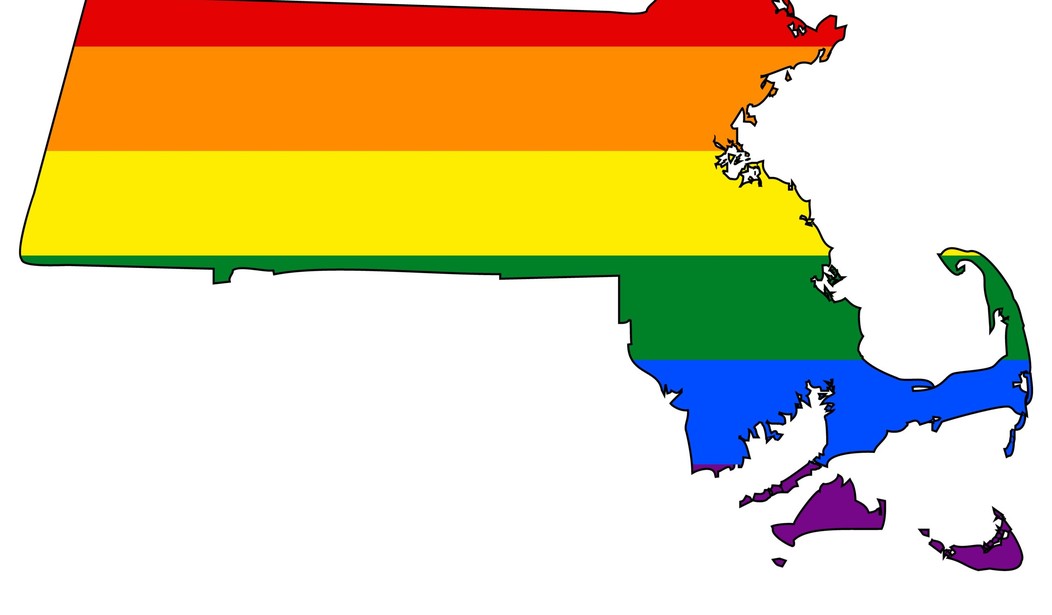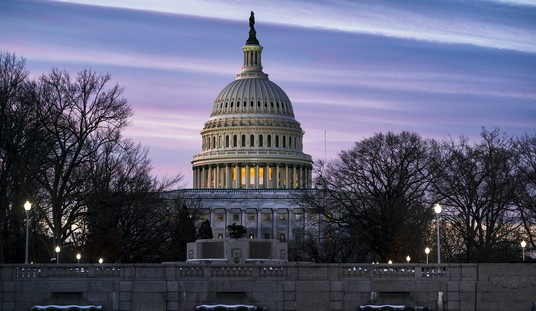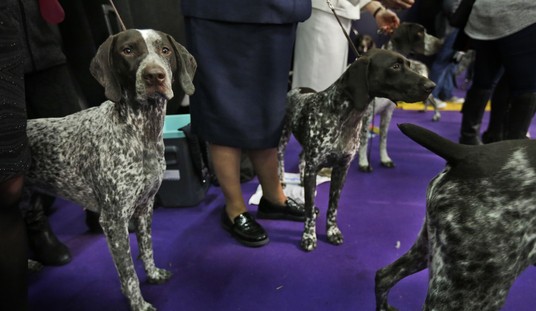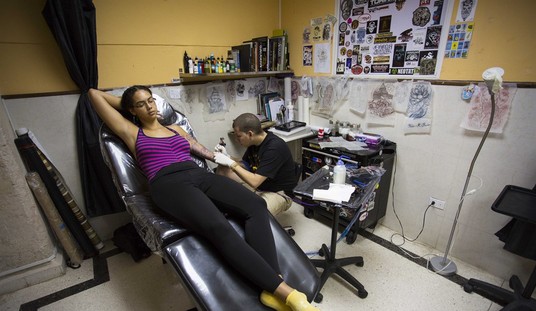On October 1, 2016, the nation’s strictest LGBT non-discrimination laws will come into effect in Massachusetts. According to the “Gender Identity Guidance” released by the Massachusetts Commission Against Discrimination (MCAD) last week, even churches must refer to transgender individuals by their chosen “gender identity,” ignoring their biological sex. This effectively means churches must acknowledge transgender ideology or practice their doctrine on human sexuality in secret — putting Christianity in the closet.
The guidance specifically mentions churches as falling under the “public accommodation” restrictions against “discrimination” on the basis of gender identity: “Even a church could be seen as a place of public accommodation if it holds a secular event, such as a spaghetti supper, that is open to the general public,” the MCAD explained.
The restrictions are massive. Any “public accommodation” must allow patrons to use men’s or women’s restrooms — and locker rooms and changing rooms — “consistent with their gender identity.” Such places must also “use names, pronouns, and gender-related terms appropriate to employee’s stated gender identity in communications with employee and with others.”
These are not small asks for churches, Christian schools, and other organizations which operate on Christian principles.
Genesis 1 explicitly states that God created human beings in his own image, “male and female he created them.” Jesus Christ also quotes this passage in a way he does not quote the rest of Genesis 1. In Mark 10:6, he answers the Pharisees on divorce saying, “from the beginning of creation, ‘God made them male and female,'” and in Matthew 19:4, he says the same: “Have you not read that from the beginning the Creator ‘made them male and female.'”
In Christian theology, biological sex is a gift from God, meant for marriage, which itself is a weak symbol of the love between Christ and his church (Ephesians 5:31). Human sexuality is not a mistake to be corrected, and when God created men and women, he declared creation “very good,” as opposed to merely “good” before their creation (Genesis 1:31).
Transgender ideology flatly denies all of this. Contrary to many scientific studies (pediatricians have even called youth transgenderism “child abuse”), it argues that people who identify with the gender opposite their biological sex should be encouraged to do so, even to the extent of undergoing “gender re-affirming surgery.” This is a fancy name for bodily mutilation which causes even more confusion than before. But don’t listen to me, take it from the horror stories of these de-transitioning women.
Now this ideology is entrenched in Massachusetts law, which “defines ‘gender identity’ as ‘a person’s gender-related identity, appearance or behavior, whether or not that gender-related identity, appearance or behavior is different from that traditionally associated with the person’s physiology or assigned sex at birth.'” The law entrenches gender identity as a protected status, and extends protection to all public accommodations, including churches.
Next Page: What this means for churches, Christian schools, and other faith-based organizations.
As the Washington Post‘s Eugene Volokh argues, this will inevitably engender conflict with religious liberty. “Now, churches hold events ‘open to the general public’ all the time — it’s often how they seek new converts. And even church ‘secular events,’ which I take it means events that don’t involve overt worship, are generally viewed by the church as part of its ministry, and certainly as a means of the church modeling what it believes to be religiously sound behavior,” Volokh explains.
“My guess is that most churches would not turn someone away from a generally open spaghetti supper,” Volokh writes. “But some religious leaders, as well as the church employees and volunteers, may refuse to use pronouns that they believe are inconsistent with God’s plan as revealed by anatomy.”
“Truth-telling is always necessary for the Christian,” writes Denny Burk, professor of biblical studies at Boyce College in Louisville, Kentucky. He cited Ephesians 4:15 to back up this assertion. That verse comes in the context of equipping the saints for service, building up the Christian church to its destined maturity. The entire passage is important, but verses 14 and 15 fit the transgender naming threat perfectly:
As a result, we are no longer to be children, tossed here and there by waves and carried about by every wind of doctrine, by the trickery of men, by craftiness in deceitful scheming; but speaking the truth in love, we are to grow up in all aspects into Him who is the head, even Christ.
Burk explains that, as Christians, “We are not allowed to speak in ways that are fundamentally dishonest and that undermine the truth of God’s word about how he made us and the world.” Transgender ideology is “fundamentally a revolt against God’s truth” because “it encourages people—sometimes very disturbed and hurting people—to deny who God made them to be.”
The ideology “traps them in a way of thinking and living that is harmful to them and that alienates them from God’s truth. We do not serve them or love them well by speaking as if transgender fictions were true.”
Burk explained that, due to his reading of scripture, his conscience will not allow him to support transgender fictions with his words. “For me, that means that I may never refer to a biological male with pronouns that encourage him to think of himself as a female. Likewise, I may never refer to a biological female with pronouns that encourage her to think of herself as a male.”
In our current political climate, this is a difficult position to take. For pastors and preachers in Massachusetts after October 1, such a stand on conscience will be illegal.
Next Page: But these restrictions do not only apply to church leaders.
Worse, these regulations don’t just impact church leaders. As Volokh explains, “a church might be liable even for statements by its congregants (and not just its volunteers, who are acting as agents) that are critical of transgender people. Tolerating such remarks is generally seen as allowing a ‘hostile environment,’ and therefore ‘harassment.'”
The MCAD guidance specifically encourages people to “prohibit derogatory comments or jokes about transgender persons from employees, clients, vendors, and any others, and promptly investigate and discipline persons who engage in discriminatory conduct.” As Volokh notes, this is not just encouragement — it reflects the hostile work environment harassment law, which requires employers to restrict derogatory speech. Since Massachusetts has identified churches as places of public accommodation, the same laws now apply to them on transgender issues.
Ideally, the First Amendment should uphold the religious freedom of churches, Christian schools, and other faith-based organizations even in Massachusetts. The Supreme Court will likely have the last word on this restrictive legislation.
At the very least, MCAD gave all Christian organizations one month‘s warning before fully implementing these rules. Christian ministries need to get ready for the onslaught of lawsuits leveled against them, and it might also be acceptable for them to leave, if they believe they can effectively do their ministry elsewhere. It could be argued, however, that Massachusetts needs them now, more than ever.








Join the conversation as a VIP Member